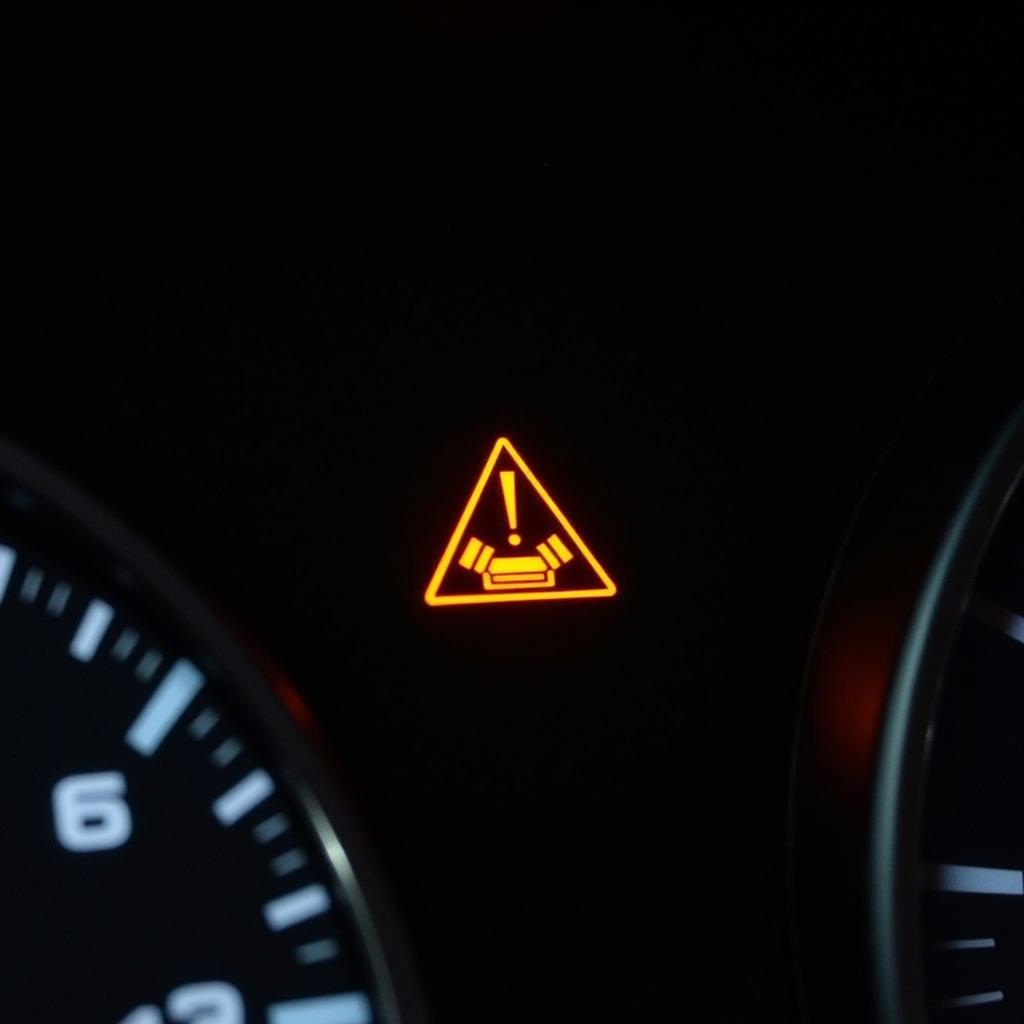You changed your car battery, expecting a roar back to life, but instead, you’re met with silence. Frustrating, right? “Changed car battery and still won’t start” is a common search query, and you’re not alone in this predicament. This article will delve into the reasons why your car might still refuse to start even with a new battery and provide practical solutions to get you back on the road.
Beyond the Battery: Why Your Car Still Won’t Start
While a dead battery is often the culprit for a non-starting car, a new battery not fixing the problem suggests other issues are at play. Let’s explore some of the most likely reasons:
- Faulty Starter: The starter motor is responsible for cranking the engine. If it’s malfunctioning, even a fresh battery won’t help. A clicking sound when you turn the key is a classic sign of a bad starter.
- Corrosion: Battery terminals and cables can corrode over time, hindering the flow of electricity. This can prevent the starter from receiving enough power to crank the engine.
- Bad Alternator: The alternator recharges the battery while the engine is running. A faulty alternator can drain a new battery quickly and prevent the car from starting.
- Ignition System Problems: Issues with the ignition switch, coil, distributor, or spark plugs can disrupt the combustion process, preventing the engine from starting.
- Fuel System Issues: A clogged fuel filter, faulty fuel pump, or empty fuel tank can also prevent the engine from starting. While less common when a new battery is installed, it’s still worth checking.
- Wiring Problems: Damaged or loose wiring can interrupt the flow of power to essential components, preventing the car from starting.
- Parasitic Drain: Certain electronic components can continue to draw power even when the car is off, slowly draining the battery. This is known as a parasitic drain and can eventually lead to a dead battery, even a new one.
Troubleshooting a Car That Won’t Start After a Battery Change
Now that we’ve identified some potential culprits, let’s walk through how to troubleshoot your car’s starting problem:
- Check the Battery Connections: Make sure the battery terminals are clean and securely connected. Corrosion can be cleaned with a wire brush and baking soda solution.
- Test the Starter: You can test the starter by using a multimeter or jumper cables. If the starter clicks but doesn’t crank the engine, it’s likely faulty.
- Inspect the Alternator: Have the alternator tested at an auto parts store or repair shop. A faulty alternator won’t charge the battery properly.
- Examine the Ignition System: Check for damaged or loose wiring, and inspect the spark plugs.
- Check the Fuel System: Ensure you have enough fuel, and check for clogged fuel filters or a faulty fuel pump.
- Inspect the Wiring: Look for any damaged or loose wiring throughout the engine compartment.
“A common mistake people make is assuming a new battery guarantees a start. Often, the underlying issue lies elsewhere, requiring a systematic diagnostic approach,” says John Miller, ASE Certified Master Technician.
Changed Car Battery, Still Clicking? Possible Starter Issue.
If you hear a clicking sound when you turn the key, your starter is likely the problem. This clicking indicates the starter solenoid is engaging, but the motor isn’t turning. This could be due to a faulty solenoid, worn-out brushes, or a damaged starter motor.
“Don’t underestimate the importance of checking your alternator. Even with a brand new battery, a bad alternator can quickly drain it and leave you stranded,” adds Sarah Johnson, Automotive Electrical Specialist.
Conclusion: Getting Back on the Road
A car that won’t start even after changing the battery can be a frustrating experience. However, by systematically troubleshooting the potential causes, you can identify the problem and get your car back on the road. Remember to check the starter, alternator, ignition system, fuel system, and wiring. If you’re not comfortable working on your car yourself, take it to a qualified mechanic for diagnosis and repair. Don’t let a “changed car battery and still won’t start” situation keep you parked!
FAQ:
- Can a new battery be faulty? Yes, although rare, new batteries can be defective.
- How long should a car battery last? Typically, 3-5 years.
- Can I jump-start a car with a bad alternator? Yes, but it’s a temporary fix.
- How can I prevent battery corrosion? Apply dielectric grease to the terminals.
- What is a parasitic drain test? A test to identify electrical components drawing power when the car is off.
- How much does a new starter cost? Prices vary depending on the make and model of your car.
- Can a bad ignition switch prevent a car from starting? Absolutely. A faulty ignition switch can interrupt the flow of power to the starter and other essential components.


